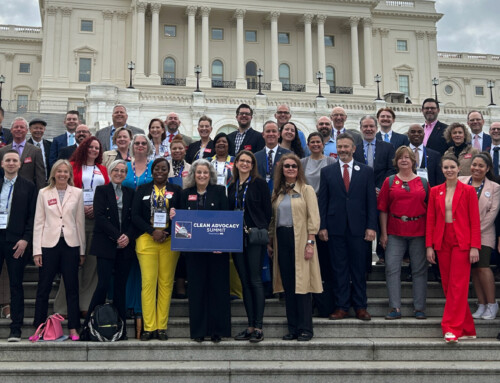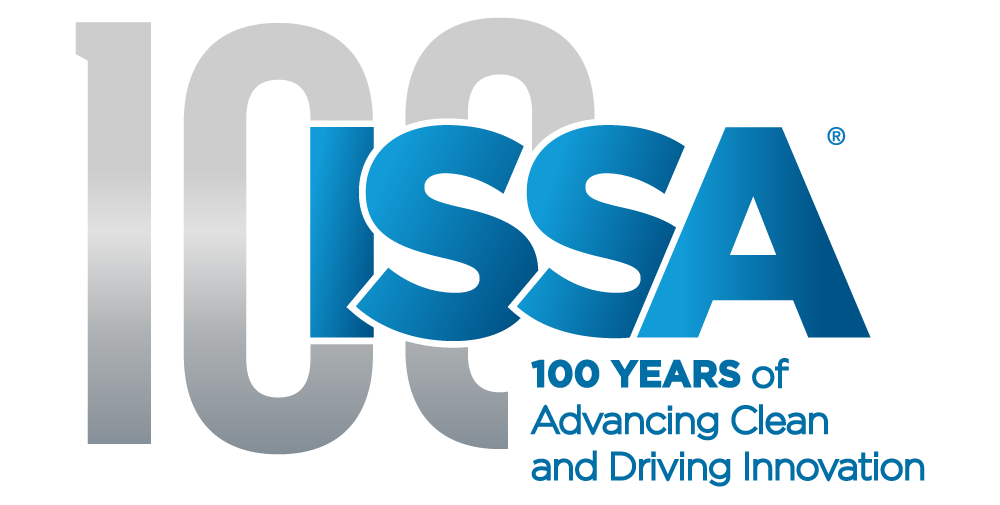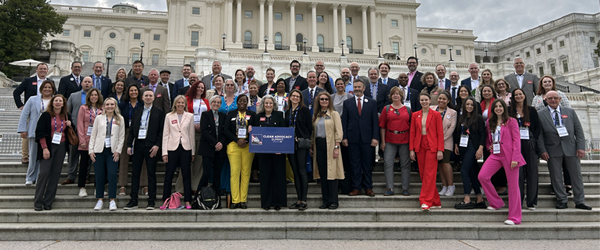The Ever-changing World of Government Regulations
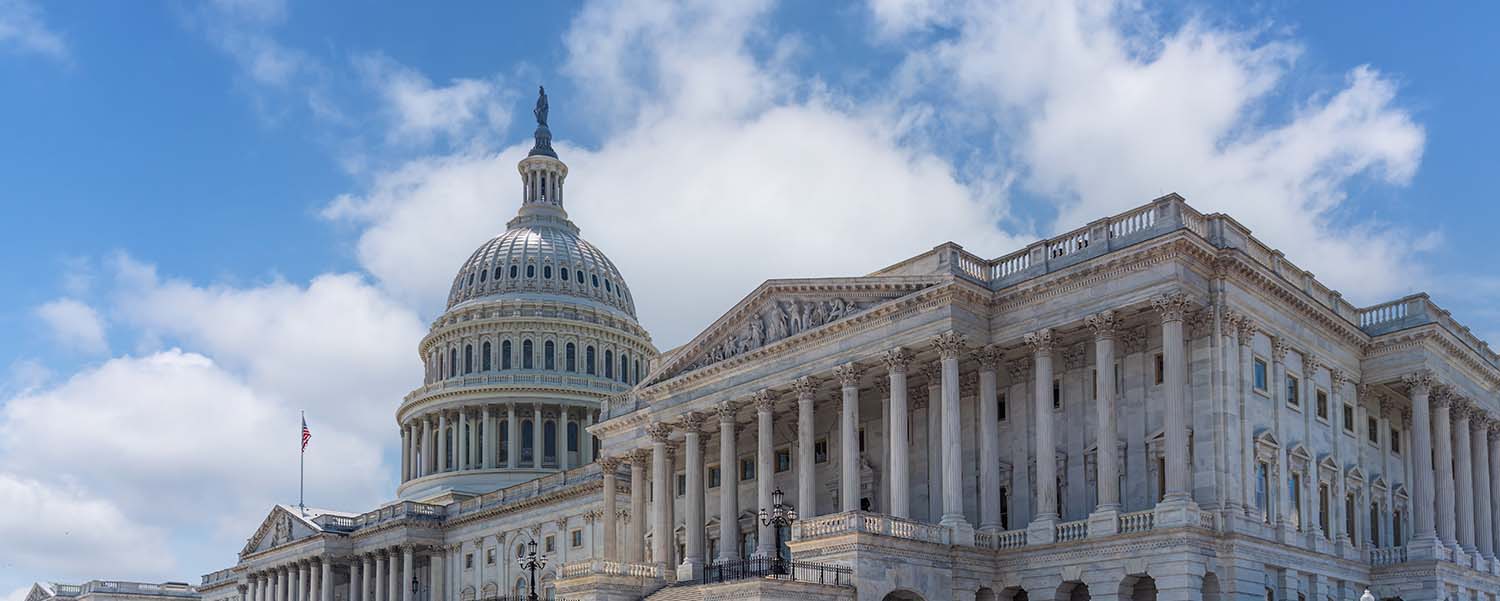
The ever-changing world of regulations continues to challenge manufacturers, distributors, and the cleaning industry. The fight against COVID-19 has resulted in making it more challenging to stay abreast or comply with these developments.
ISSA continues to engage and educate members and regulators on a number of these topics such as product registration, hand sanitizer regulations, state cleaning and disinfecting guidelines, ingredient disclosure, chemical restrictions, and much more. Here is an update on just some of the regulatory issues facing the industry.
Federal and state disinfectant and sanitizer registration
ISSA is a founding member of the Pesticide Registration Improvement Act (PRIA) Coalition, which continues to advocate for full funding for EPA’s Office of Pesticide Programs to ensure that EPA has the resources it needs to process PRIA registrations in a timely manner. PRIA covers commercial and institutional antimicrobial products, such as disinfectants and sanitizers, that protect public health against the spread of harmful germs, bacteria, viruses, and fungi.
In July, the House passed a four-bill fiscal 2021 spending package that would provide $9.38 billion for EPA, an increase of $318 million above the fiscal year 2020 funding level and $2.67 billion above the President’s fiscal 2021 budget request, including about $125 million for pesticide registration activities. The Senate has not yet taken any action on fiscal 2021 spending bills and it is unlikely to be resolved until after the November elections.
In addition to pushing for EPA resources each year, ISSA and the PRIA Coalition are already beginning to look toward negotiating a PRIA reauthorization bill next year to ensure the timely registration of disinfectants and sanitizers. PRIA 4 expires on October 1, 2023. The simultaneous federal government shut down and expiration of PRIA 3 in 2018 resulted in massive backlogs and renegotiations of PRIA due dates. As we begin discussions about PRIA 5 next year, we will work with our members to identify key policy priorities and issues for reauthorization.
In July, ISSA released the 2020 State Pesticide Registration Survey. Each year, ISSA compiles this survey with updated listings of registration fees, renewal dates, penalties, and more as a member benefit. Many disinfectant and sanitizer manufacturers are looking to sell their products in more states due to COVID-19. Up-to-date regulatory information is more important than ever.
Since our June 2019 update, five states have changed their registration fees, one has changed its renewal deadline, and 12 have changed their enforcement actions for registration violations.
EPA expedites electrostatic sprayer reviews
EPA has also issued guidance for the expedited review of product registrations that would add electrostatic spraying directions to both new and currently registered disinfectant products. “Cleaning and disinfecting surfaces continues to be an effective way to reduce the spread of the virus,” said EPA administrator Andrew Wheeler. “With this guidance, the EPA is ensuring offices, schools, and local governments have access to as many effective and approved surface disinfectant products as possible—including those designed to disinfect large indoor spaces.”
New FDA regulatory system for hand sanitizers
With the final rule on hand sanitizers becoming effective just a few short months ago, FDA has completed its overhaul of the regulatory system by which the agency regulates the manufacture, marketing, labeling, and sale of antiseptic washes and rubs in the U.S.
For decades, the regulatory pathway to the marketplace has been FDA’s interim final monograph for antiseptic washes and rubs that sets forth acceptable formulations, active ingredients, and labeling language. Under this system, it was relatively easy to comply with FDA requirements.
By contrast, over the past several years, FDA has implemented a system of regulations that is more focused on active ingredients and their efficacy and safety, and regulates finished products based on the intended market sector (i.e., healthcare, food service or processing, consumer). Certain ingredients, such as triclosan, are prohibited from use, and other ingredients must undergo a regulatory review for human health and safety.
Industry continues to react to these relatively recent changes, and we are likely to see modifications to product formulation and labeling to comport with the new and now current system of regulation hand sanitizers and antibacterial washes.
FDA COVID-19 policies
The current pandemic crisis has placed unprecedented stress on the nation’s cleaning product supply chain. Arguably, hand sanitizers were the product category that was most impacted, with shortages being repeatedly reported around the country. To help alleviate product shortages, FDA issued its temporary policy for the preparation of certain alcohol-based hand sanitizers during the COVID-19 public health emergency.
In effect, this FDA temporary policy relaxes the agency’s facility registration and other requirements around the production of hand sanitizers, making it easy for non-traditional producers (such as distilleries) to begin manufacturing hand sanitizers based on formulations provided by the World Health Organization (WHO). While this temporary policy has helped to relieve product shortages, it has also resulted in many dangerous alcohol-based hand sanitizers being placed on the market. Be sure to check FDA’s updates on hand sanitizers that you should not purchase or use.
ISSA pulls together several regulatory resources that are available to our membership on ISSA.com/advocacy. ISSA is working diligently to support the full spectrum of the cleaning industry in the U.S. and worldwide during the COVID-19 pandemic.
The ISSA Advocacy Fund helps us advocate more effectively on behalf of the cleaning industry with policymakers and regulatory bodies like the EPA and FDA. For questions regarding ISSA’s advocacy efforts, including the association’s response to COVID-19, please contact [email protected].
To learn about or contribute to the IAF go to www.ISSA.com/advocacyfund.

